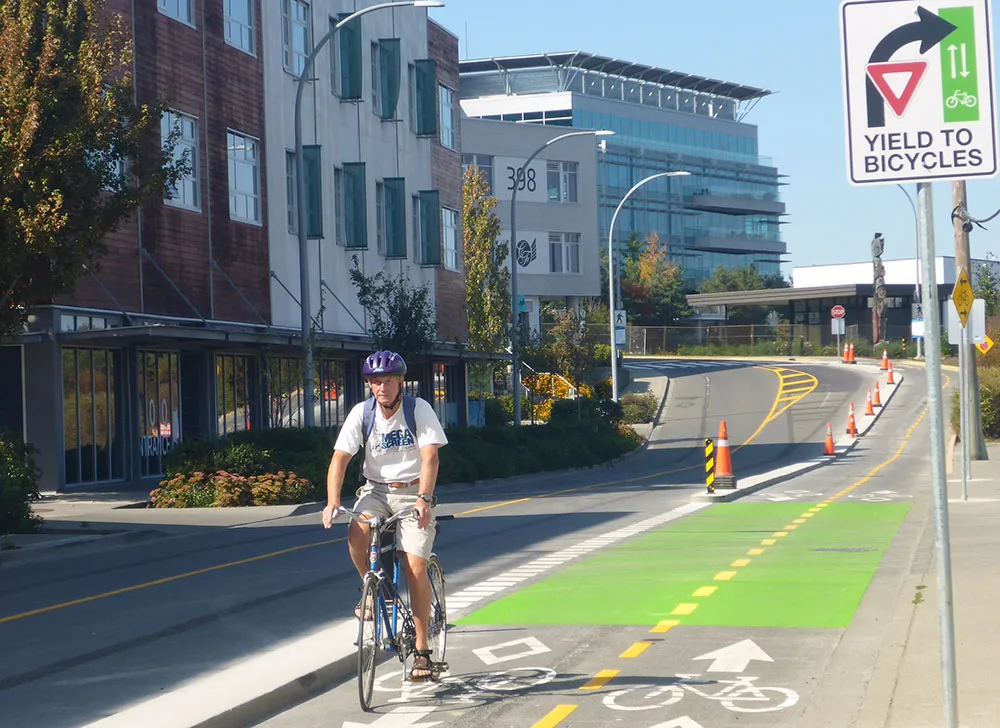A new study of bicycle accidents in Germany has revealed some interesting data, as this interview with chief traffic officer for the city of Munster, Udo Weiss, reveals. The interview highlights key risk patterns and also suggests some possible safety measures.
March 28, 2013
Read time: 1 min
A new study of bicycle accidents in Germany has revealed some interesting data, as this interview with chief traffic officer for the city of Munster, Udo Weiss, reveals. The interview highlights key risk patterns and also suggests some possible safety measures.







